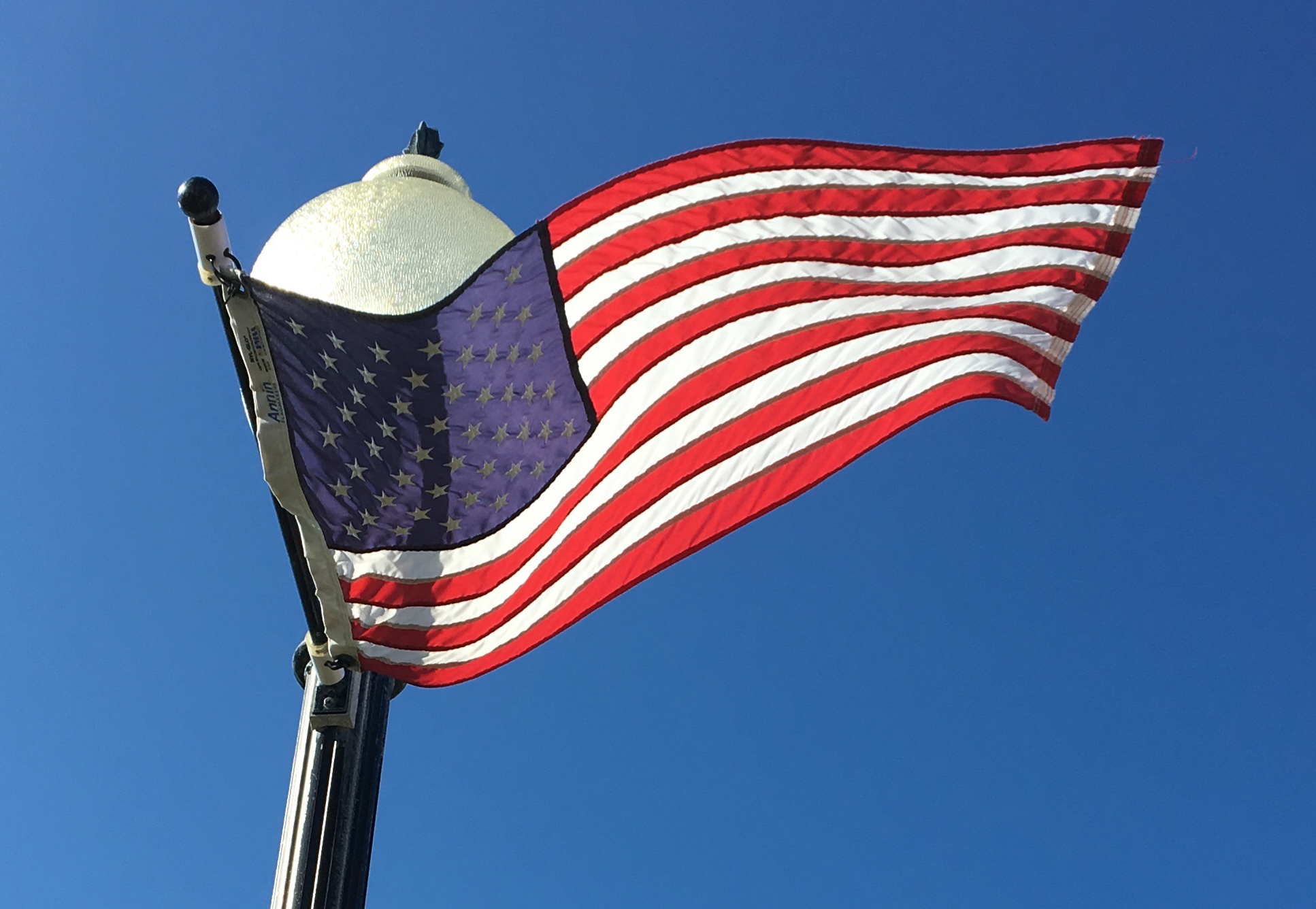Education
This July Fourth, Celebrate How Universities Can Save America

To no one’s surprise, a new poll commissioned by the Foundation for Individual Rights and Expression (FIRE) found that confidence in higher education is at an all-time low. Americans’ dissatisfaction with higher education has been in slow decline for more than a decade. Ubiquitous footage last spring of students parroting terrorist slogans while building campus encampments and occupying academic buildings only accelerated the collapse.
Universities tolerate chaos
A reversal of this persistent downward trend is hard to imagine. Today, the possibility that a restoration of faith in higher education could help repair American self-government seems even more remote.
Dissatisfaction with higher education is partly rooted in the perception that universities have become ideological monocultures, devoid of diverse perspectives and voices and closed to the full range of reasonable views represented in our pluralistic society. Political scientist Jon Shields found in his research that conservatives now make up only 4% of historians, 3% of sociologists, and 2% of literature professors. In many departments, that effectively means there are none.
This disconnect between town and gown has weakened the ability of universities to fulfill their civic purpose by providing education that unites rather than divides. But public universities which once were central to strengthening our Republic and bridging our divides can be again.
Commonwealths are held together by common loves, as thinkers as far back as theologian and philosopher Augustine have recognized. A shared love of country is necessary for a healthy and stable political system that mediates our partisan disagreements while safeguarding freedom and prosperity.
Too few Americans love their country
Yet, we cannot love what we do not know, and the state of civic knowledge is abysmal. Less than half of all adult Americans can name the three branches of government, according to the recent Annenberg Civics Knowledge Survey; nineteen out of twenty cannot name the five freedoms or rights protected by the First Amendment.
Many Americans do not love, and will not defend, what they do not understand. In one jarring Quinnipiac poll, 38% of Americans said, at the time of Putin’s invasion of Ukraine, that they would flee rather than fight if there were a similar ground invasion in the United States. Earlier this year, a similar percentage of Americans under the age of 30 registered their support for authoritarian alternatives to America’s constitutional republic. We are confronted with daily evidence that our civic life — and our country’s survival — depends on patriotic, independent thinkers who know the principles that sustain their own freedom and are willing to defend them.
The need for knowledge and education that will sustain freedom is woven into America’s founding. Even before the state conventions had ratified the Constitution, some of the most prominent Framers began advocating for the creation of a national university to educate the Republic’s future leaders and unite people from different parts of the country.
Some universities are responding
George Washington took up the idea, in 1796, in his Annual Message to Congress. Others carried Washington’s ideas forward by creating new state universities. Typical were the first commissioners of the University of Virginia, including Thomas Jefferson and James Madison, who envisioned higher branches of education that would “form the statesmen, legislators, and judges, on which public prosperity and individual happiness are so much to depend.”
Two centuries later, in the midst of a crisis of confidence in higher education and America itself, there is reason for optimism. Public universities across the country are responding to our current anti-civics moment — defined by an unlearning of the rights and duties of citizenship — by creating new schools, institutes, and initiatives that prepare students for civic responsibility through the study of America’s founding principles, economic foundations, and history.
New schools of civics
The leadership and knowledge provided by these civics schools is not purely academic. By combining practical experiences with classical education, these dynamic programs bring to campus a distinctly American spirit of enterprise. In doing so, they enable the students to build a future and meet the challenges of the present while being guided by the wisdom of the past.
Instilling this knowledge in the next generation rebuilds the foundation on which love for America can once again flourish. It is key to bridging our ideological differences, rebuilding trust, and reversing the polarization that threatens our nation. Amid widespread dissatisfaction, the renewal of civic education is one hopeful step toward recovering the purpose and promise of higher education. If we aim to revitalize and sustain the American experiment, there’s no better place to start.
This article was originally published by RealClearEducation and made available via RealClearWire.
Justin Dyer is the inaugural dean of the School of Civic Leadership at The University of Texas at Austin.
-

 Accountability3 days ago
Accountability3 days agoWaste of the Day: Principal Bought Lobster with School Funds
-

 Constitution2 days ago
Constitution2 days agoTrump, Canada, and the Constitutional Problem Beneath the Bridge
-

 Executive1 day ago
Executive1 day agoHow Relaxed COVID-Era Rules Fueled Minnesota’s Biggest Scam
-

 Civilization6 hours ago
Civilization6 hours agoWhy Europe Shouldn’t Be Upset at Trump’s Venezuelan Actions
-

 Civilization1 day ago
Civilization1 day agoThe End of Purple States and Competitive Districts
-

 Christianity Today5 hours ago
Christianity Today5 hours agoSurprising Revival: Gen Z Men & Highly Educated Lead Return to Religion
-

 Civilization5 days ago
Civilization5 days agoThe devil is in the details
-

 Civilization4 days ago
Civilization4 days agoThe Conundrum of President Donald J. Trump












